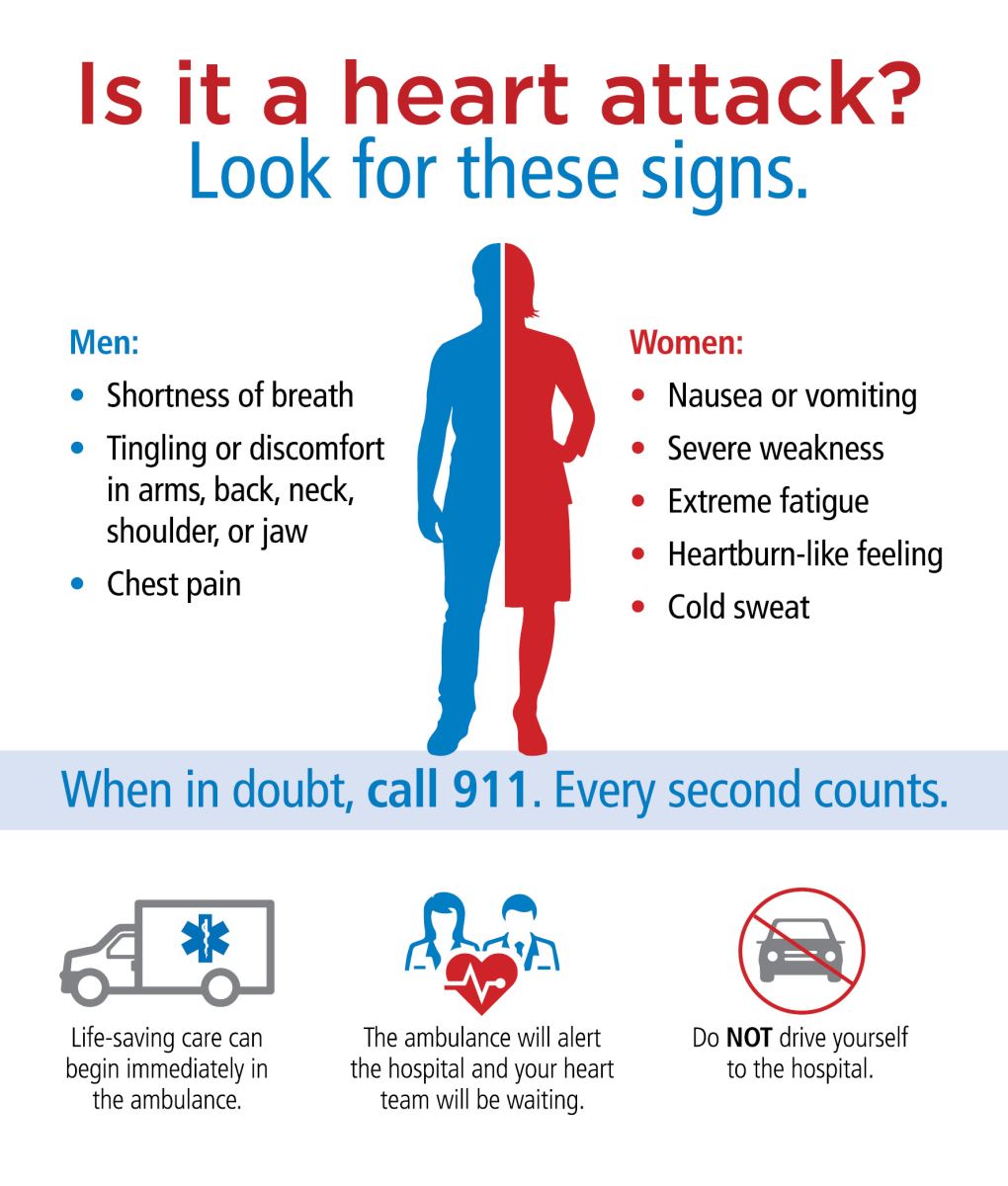5 Ways to Treat Your Heart Right this Winter

Living and playing in northern Michigan year-round, we know that winter means slowing down and driving more cautiously on snowy, icy roads. What we may not think about as often is how frigid weather can affect our health, especially our hearts.
“I think especially in the colder months, there are important considerations when you’re thinking about the health of your heart,” says Michael Howe, MD, a Munson Healthcare cardiologist who practices at Traverse Heart & Vascular in Traverse City, Mich. “We worry about sudden, high-intensity stresses in patients who have otherwise been relatively sedentary. This could include shoveling heavy, wet snow or climbing a sledding hill.”
According to the American Heart Association, winter cold and other seasonal factors raise the risk of a heart attack. Cold makes arteries constrict—that can decrease blood flow and delivery of oxygen—and dipping temperatures also tend to increase the formation of blood clots. Winter also is flu season, and studies have shown an increase in heart attacks shortly after people get the flu, according to the American Heart Association.
Healthy, happy hearts
Strenuous activity in the winter, whether it’s clearing your sidewalk or hitting the slopes with your family, is a risk particularly for people who have heart disease. Keep your heart going strong this winter with these tips from Dr. Howe:
- Before tackling an outdoor task or activity, warm up first by going for a short, easy walk. Ease into your activity.
- Try not to overdo it and take frequent breaks during your activity.
- Dress warmly and in layers, but avoid overdressing which can lead to overheating. Wear fabrics that wick the moisture away from your body.
- Cover your face and mouth with a scarf or mask. This is important because breathing in cold air can lead to the heart’s coronary arteries to narrow, which raises the risk of angina (chest pain) and blood clotting.
- Listen to your body. If you are concerned, talk with your doctor or seek immediate medical attention.
Heart disease in the U.S. and in northern Michigan
Heart disease is the leading cause of death in the United States. Together, heart disease and stroke, along with other cardiovascular disease, are among the most widespread and costly health problems facing the nation today. Fortunately, they also are among the most preventable.
“Here in northern Michigan, our population has slightly higher rates of heart disease in general, compared to nationally,” Dr. Howe says.
There is certainly a genetic component to some heart disease and it’s important to be aware of that and discuss your family history with your physician, he says. “But it’s equally, if not more important, to control what we call modifiable risk factors.”
Heart disease risk factors
The leading, controllable risks include:
- High blood pressure
- High cholesterol
- Cigarette smoking
- Diabetes
- Unhealthy diet and physical inactivity
- Overweight/Obesity
At the heart of it
Dr. Howe recommends having your primary care provider check your blood pressure and cholesterol. Stopping smoking, losing weight, and exercising and eating healthy all are ways to boost your heart health, he adds.
“It is critical to address risk factors early in life to prevent these devastating events and other potential complications of chronic cardiovascular disease. We find it is often easier to prevent problems than to reverse years of progressive disease once it has symptomatically occurred,” he says.
“We are lucky in northern Michigan to have lots of different resources in our community to help with prevention,” he adds. “We have diet and nutrition programs, weight loss and exercise training programs, diabetes education and management programs, and tobacco cessation programs. Your primary care provider is a great resource for accessing these, and our primary partner in prevention of heart disease.”
Heart attack symptoms
Signs of a heart attack are different between men and women. Here’s what you need to know:
“For men, they’ll want to look for these signs: shortness of breath, tingling or discomfort in arms, back, neck, shoulder or jaw, and chest pain. In women, signs include nausea or vomiting, severe weakness, extreme fatigue, heartburn-like feeling, and cold sweat,” Dr. Howe says. “If you are worried, make sure you call 911 and seek emergent medical attention. It is better to call an ambulance than to drive yourself in.”

Know your heart
Early detection of heart and vascular conditions increases your chances of a healthy outcome. Listening to your body and talking with your primary care provider and heart specialist are great steps in knowing your heart.
Ranking right alongside the nation's top hospitals and academic medical centers, your Munson Healthcare heart team includes 22 cardiologists and five cardiothoracic surgeons, as well as vascular surgeons, internists, neurologists, specialty-trained nurses, and various specialists who work together to provide the safest, highest quality heart care.